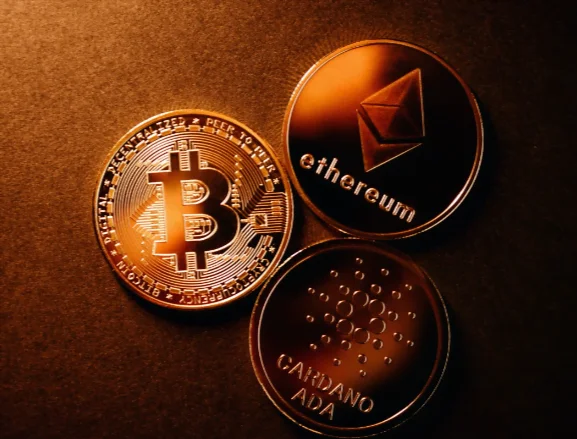2022 was a rough year for cryptocurrencies, but Bitcoin and Ethereum retained their spots as the two most expensive ones. Despite the bearish market, it was a busy year for new project launches. Central to most of these launches was the promise of utility tokens.

At first glance, they share similarities with mainstream cryptocurrencies. You can use them to pay for things and even stake them for rewards. They are, however, fundamentally different from cryptos, and we will explain why.
They are not investable, at least not in the way you think. For example, you cannot read off-market analysis and go in for a buy or sell on a crypto exchange. There are exceptions to this rule, but let’s find out what they are first.
What are Utility Tokens?
New crypto projects need funding, given the massive competition and intricacy of the blockchain. Developers came up with initial coin offerings (ICOs) to raise funds. At the center of this move are utility tokens.
The creators of a new project will give them out at a subsidized rate to early investors. They gave the investors certain privileges once the platform launched. However, you cannot trade them like regular cryptos.
These tokens only work in the project’s ecosystem. Hence, they are not available for trading on crypto exchanges. It is also safe to say that they are unlike mainstream cryptocurrencies like Bitcoin, Ethereum, etc.
The project may have a full-on cryptocurrency, and you may be able to exchange your utility tokens for that. Nonetheless, it depends heavily on the project.
Popular projects that have them include the following:
- DApp browsers
- Play-to-earn games
- NFTs
- DeFis
So, why are utility tokens limited to the project’s ecosystem? They have smart contract properties that restrict them to the ecosystem.
What can you do with utility tokens?
The functions depend on the developer. Some grant access to the ecosystem, while others have more functions than just access. Regardless of what it is, their capabilities often fall within the following:
- Voting rights: Holding these tokens grants you voting rights in the ecosystem. You can vote for changes, upgrades, etc. In addition, the more of them you have, the more votes you can pass.
Those with this function are often called “governance tokens.” You can do as you please when the voting floor is opened.
- Gaming: Some crypto projects are games. The developers provide tokens to play the games, just like you would deposit to play online slots or other casino games. You can use them to buy assets within the game, like NFTs, upgrades, etc.
- For network charges: Some Web 3.0 platforms, like DApps, insist on using their utility tokens to settle the network fees. We see this in Polygon-based DApps, where users must use MATIC for the charges.
- Perks: Crypto exchanges like Binance and Kucoin offer perks if you use their utility tokens for transactions. This is where the exception we mentioned lies, but we will discuss it shortly.
How to Invest in Utility Tokens
You cannot jump on a crypto exchange and sell them like regular cryptocurrencies. However, you can sell them in the ecosystem. For example, those who missed out on the ICO but want to join the project after launch would need the tokens.
They are often affordable during ICOs, giving early investors the leverage to sell them for a higher price at launch. For example, TAMADOGE surged 200% during its early days of listing. You can imagine how much the early investors made after selling their shares.
There is a clause to this early investment, and that is to watch out for scams. Investors lost $3.5 billion to crypto scams in 2022, among which are projects that never launched.
You must do your due diligence before buying utility tokens from a new crypto project. Some developers overhype their projects to get as much investment as possible. Then they rug pull and vanish with the investors’ money.
The Exception to Trading Utility Tokens
BNB works on the Binance smart contract. It is a tradeable cryptocurrency but also a token for the Binance ecosystem. Hence, you can trade it on mainstream crypto exchanges.
Some platforms with utility tokens/cryptos provide benefits for trading with them. We can see this with Binance and Kucoin. So, you can exchange your utility token if they meet the above condition.
Final Thoughts
A utility token is a significant component of decentralized ecosystems. You can find them in DApps, DeFis, P2E games, etc. In addition, developers use them to raise funds for their projects.
They offer them for sale early on in the project. However, you can pick one and trade on a mainstream crypto exchange. They are tied to the smart contract that created them.
You can buy them at the ICO and sell them when the price increases. Nevertheless, BNB and MATIC are exceptions to this limitation. You can trade them like regular cryptocurrencies or use them like utility tokens on their platforms.

